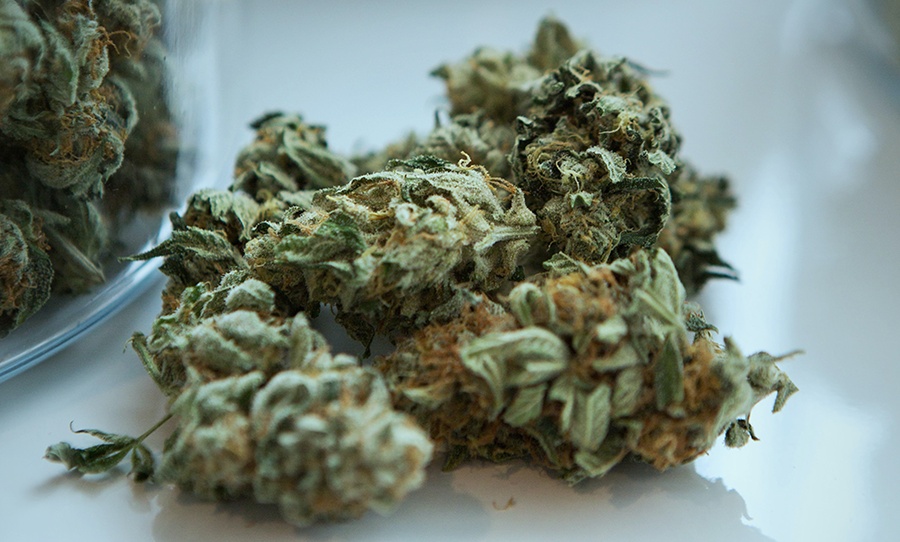Research published in the science journal Addiction found that marijuana can impair cognition, especially in teens.
It’s no real surprise that stoners can be a little spacey but this new research really bummed us out because apparently, the effects last well beyond the initial high.
The study shows that adolescents, people who have a lot less to do and a lot more weed to smoke, are much worse off.

Associate clinical professor of psychiatry at the University of Montreal and study co-author Dr Alexandre Dumais said: “Our study enabled us to highlight several areas of cognition impaired by cannabis use, including problems concentrating and difficulties remembering and learning, which may have considerable impact on users’ daily lives,”
“Cannabis use in youth may consequently lead to reduced educational attainment, and, in adults, to poor work performance and dangerous driving. These consequences may be worse in regular and heavy users,”
The other co-author and professor of paediatrics at the University of Wisconsin School of Medicine and Public Health, Dr Megan Moreno said the impact weed has on a developing brain is much more detrimental.
“This study provides strong evidence for negative cognitive effects of cannabis use, and should be taken as critical evidence to prioritise prevention of cannabis use in youth,” Moreno said. “And contrary to the time of Cheech and Chong, we now know that the brain continues to develop through age 25.
“Parents should be aware that adolescents using cannabis are at risk for damage to their most important organ, their brain.”
At this stage, scientists aren’t sure if the effects can be reversed and that more research needs to be done.
“Research has revealed that THC is a fat-soluble compound that may be stored in body fat and, thus, gradually released into the bloodstream for months,” Dumais said
“Thus far, the most consistent alterations produced by cannabis use, mostly its chronic use, during youth have been observed in the prefrontal cortex,” Dumais continued.
“Such alterations may potentially lead to a long-term disruption of cognitive and executive functions.”
It sounds to us like smoking a joint is better left for the adults, only after really hard days at work, when it’s properly learnt.



